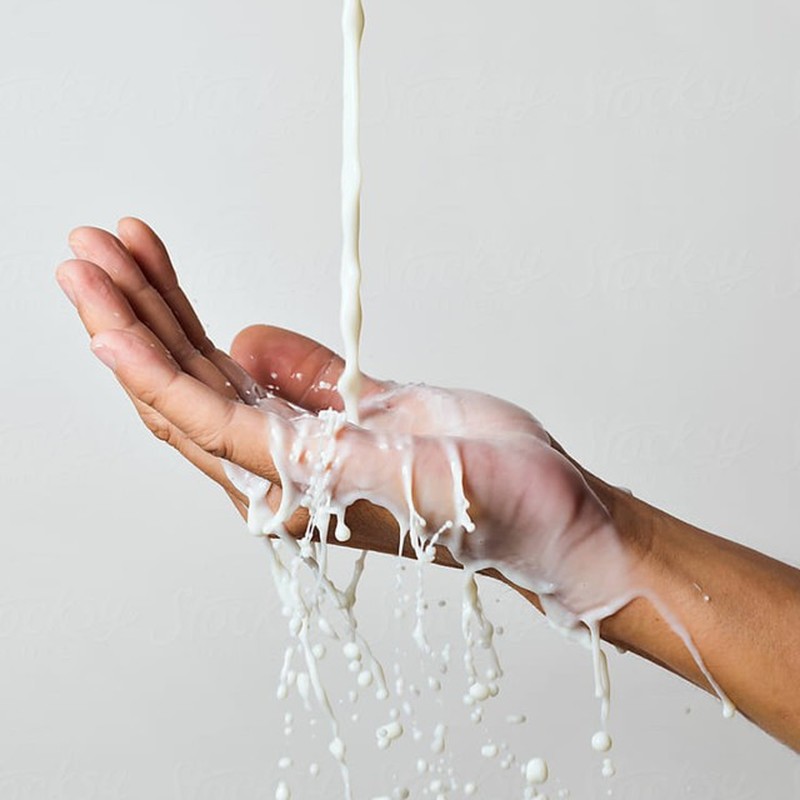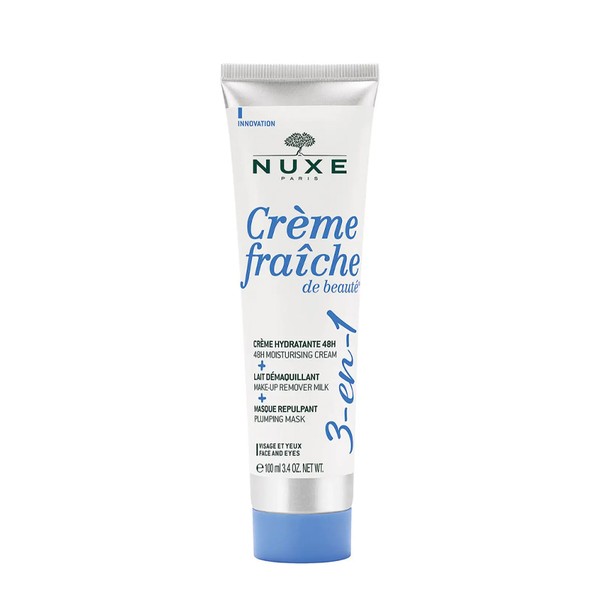Skincare Ingredient Focus: Milk
It’s Long Been A Staple
“Using milk in skincare is something that’s been happening for centuries – it was most famously associated with Cleopatra who was rumoured to bathe in donkey’s milk to exfoliate away dead skin cells, remove debris from the pores, and promote a clearer and brighter-looking complexion. Today, cow’s and goat’s milk are the most common types of milk you’ll find in skincare, but a slew of plant-based milks are also being used.” – Dr Marine Vincent, pharmacist & business owner
Lactic Acid Has Several Benefits
“Milk contains lactic acid which acts as a good exfoliator – it’s an AHA. This means it’s incredibly effective at removing dead skin and stimulating new cell growth – all thanks to a combination of fatty acids, probiotics and vitamins (A, B2, D, E and C). Plant-based milks are also becoming a popular because they are full of different vitamins and minerals.” – Marine
“Lactic acid helps slough away dry skin cells without causing any of the irritation that some people experience when using glycolic or salicylic acid washes. When I was little, my mother use to put me in milk baths to soothe my eczema and it completely transformed my skin. It’s no wonder one of my first ever products was a goat’s milk-based moisturiser.” – Kate Somerville, founder of skincare brand Kate Somerville
It Also Soothes, Nourishes & Softens
“Milk and milk-based products have proven useful in dealing with skin concerns like eczema, sensitive skin and acne, due to their soothing powers. It’s an ingredient that masters the difficult balance of being gentle, natural and effective – lactic acid is actually one of the gentlest of the AHAs out there.” – Marine
“Along with exfoliating, it also calms the skin by nourishing and moisturising. It's an ingredient that’s ideal for anyone prone to tightness, dryness or irritation – you may well experience a cooling and calming sensation on application. It is full of nutrients, including calcium. Goat’s milk is especially gentle because it has a similar pH to human skin, so it doesn't disturb the skin’s natural balance or disrupt the skin barrier.” – Kate
It Can Be Used At Any Point In Your Routine
“It’s easy to incorporate milk into any step of the skincare routine – from cleansing to moisturising the face or even in a mask. Its thin consistency means it’s rarely irritating.” – Marine
“It’s excellent as a cleanser – mainly because it won’t be too strong or strip the skin’s barrier. I highly recommend using a milk-based cleanser in the morning or as the second step in your double cleansing routine at night. If there are specific times during the year when your skin looks or feels especially dry, this is a great time to incorporate a milk-based product into your routine.” – Kate
It Plays Well With Other Ingredients
“Dairy works very well with other moisturising or skin barrier-repairing ingredients such as jojoba, shea butter, coconut oil, honey – all of which help to maximise the soothing and moisturising benefits of milk.” – Marine
“I especially like combining milks with jojoba or avocado oils, as well as soothing manuka honey and hydrating aloe leaf juice. These ingredients are all sulphate-free too – so they’re ideal for maintaining overall skin barrier health and a smooth complexion.” – Kate
Just Keep In Mind…
“If you suffer from lactose allergies or intolerances, you should be cautious about using cosmetics that contain any kind of dairy milk. I would always recommend doing a patch test first, just to be sure your skin can tolerate it.” – Marine
“I would avoid using raw dairy milks in any at-home remedies. These could be contaminated with bacteria, and, in my opinion you can’t achieve the same level of safety, cleanliness and formulation in comparison to skincare that has been through rounds of testing – it's just not worth the risk.” – Kate
Shop The Product Edit
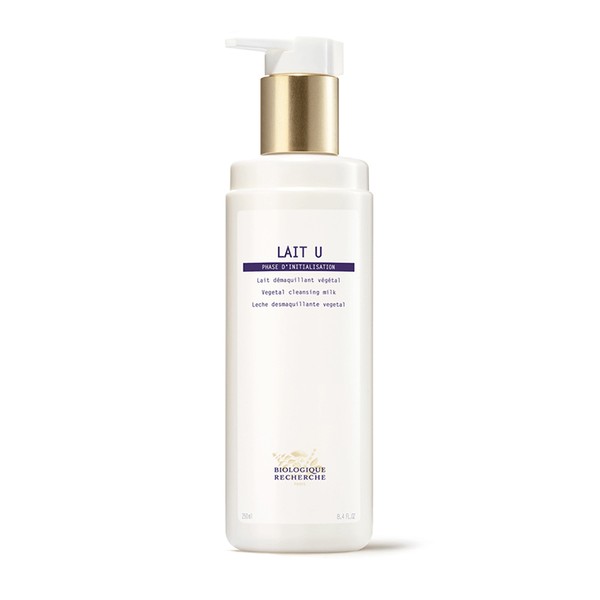
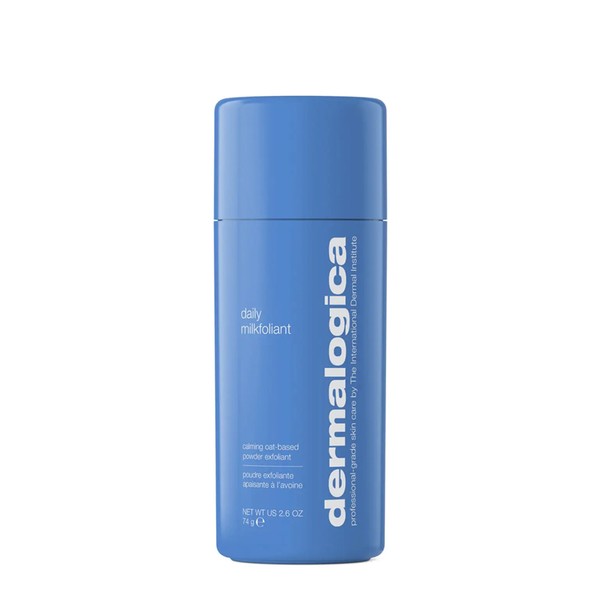
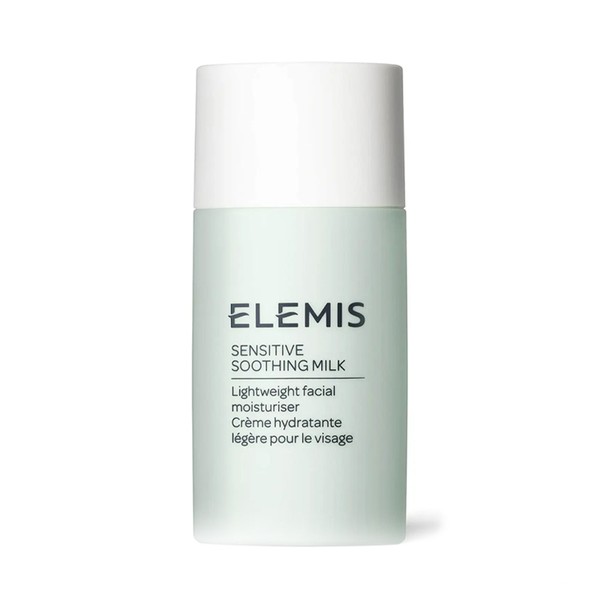
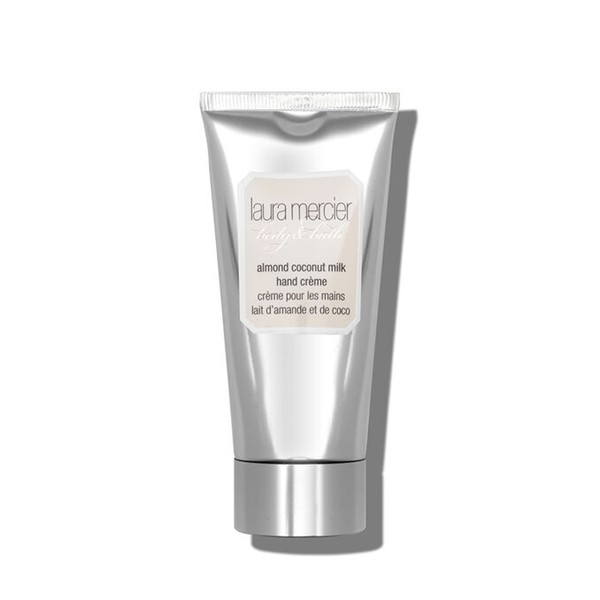
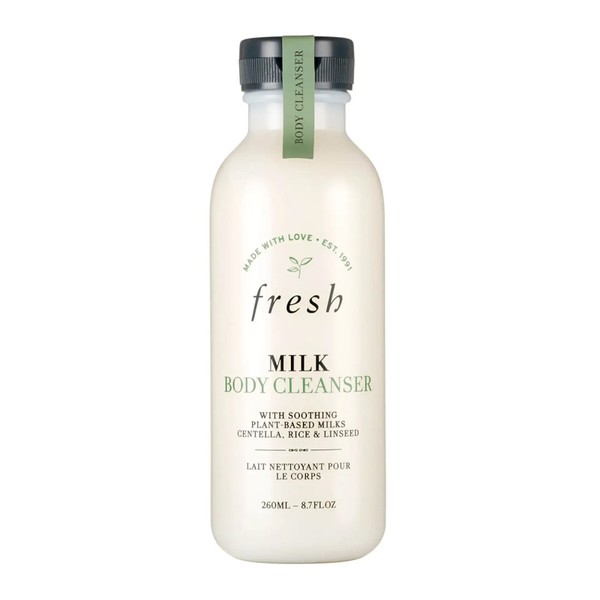
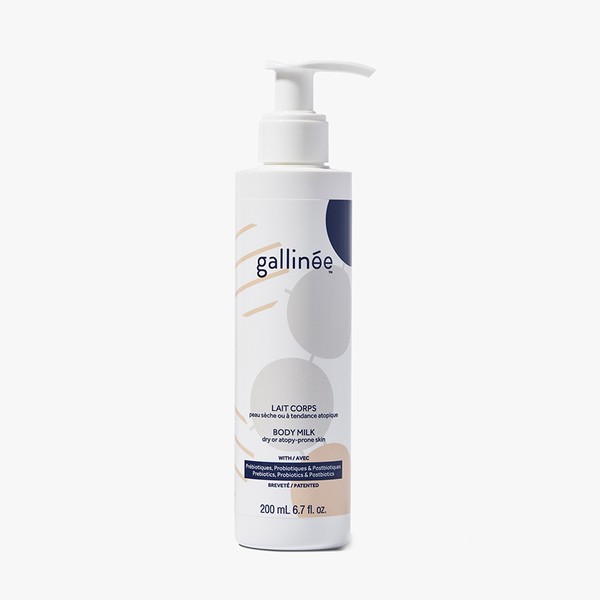
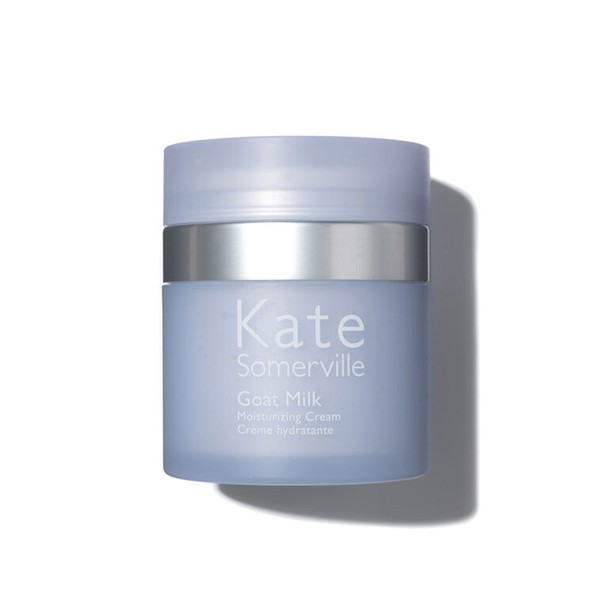
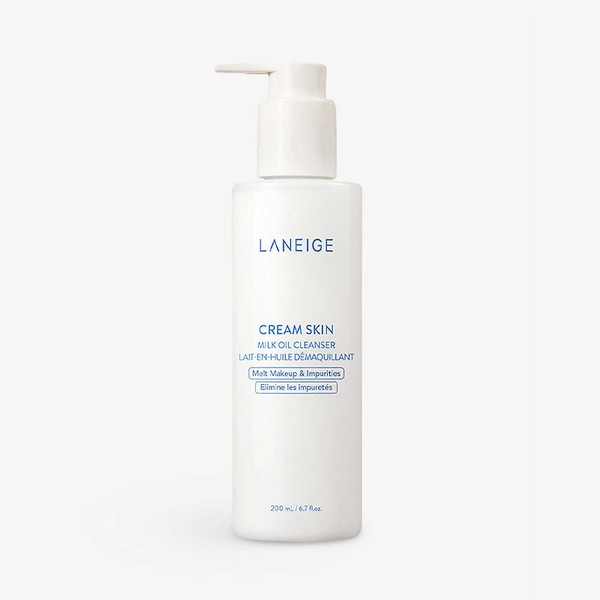
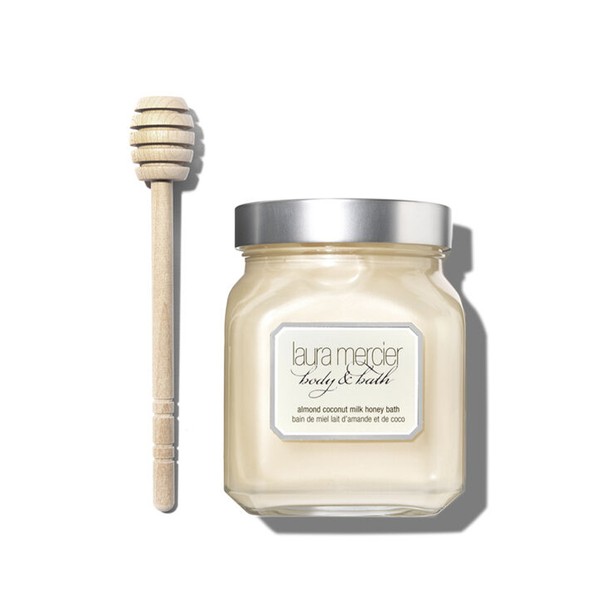
DISCLAIMER: We endeavour to always credit the correct original source of every image we use. If you think a credit may be incorrect, please contact us at info@sheerluxe.com.
